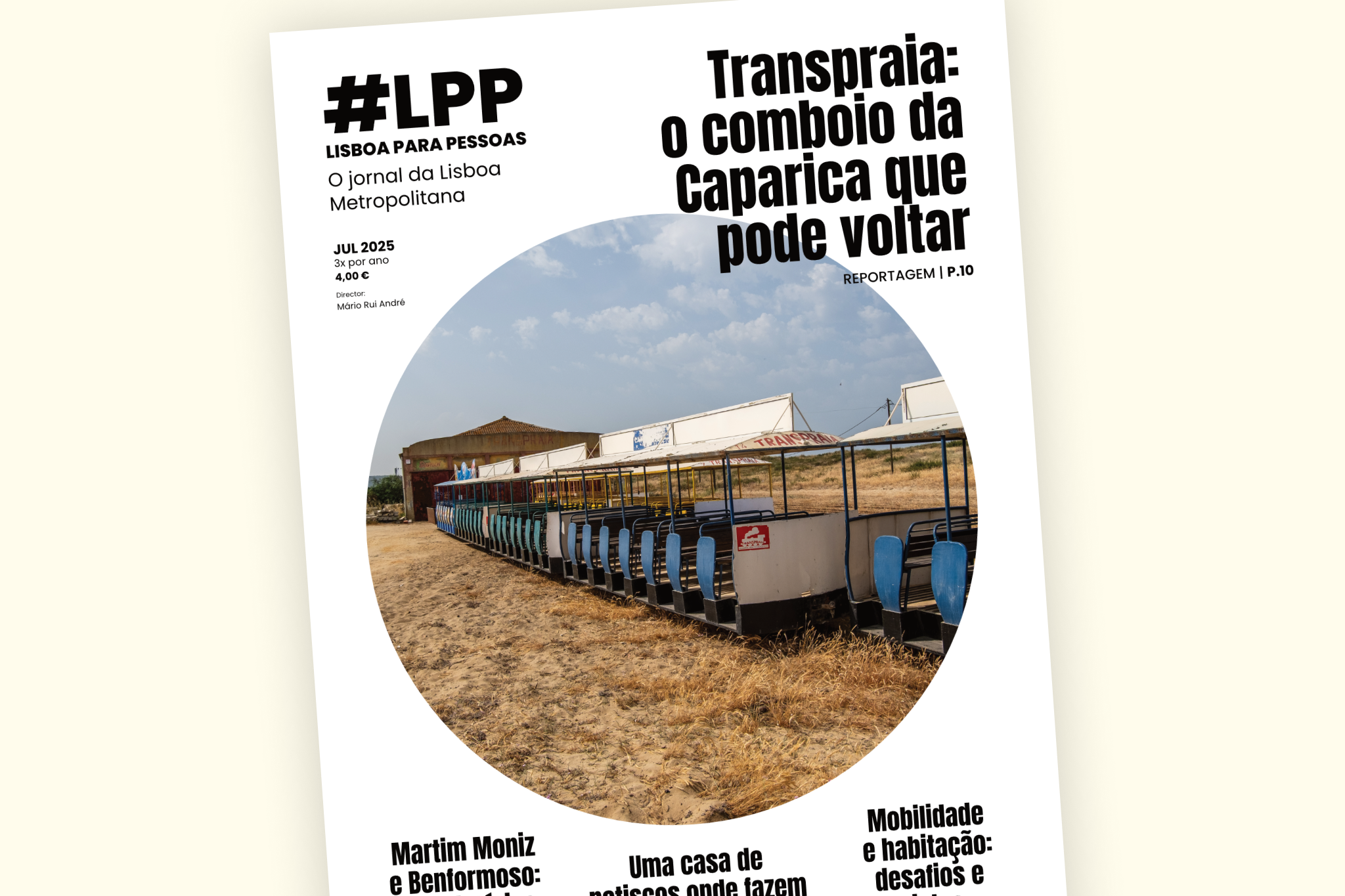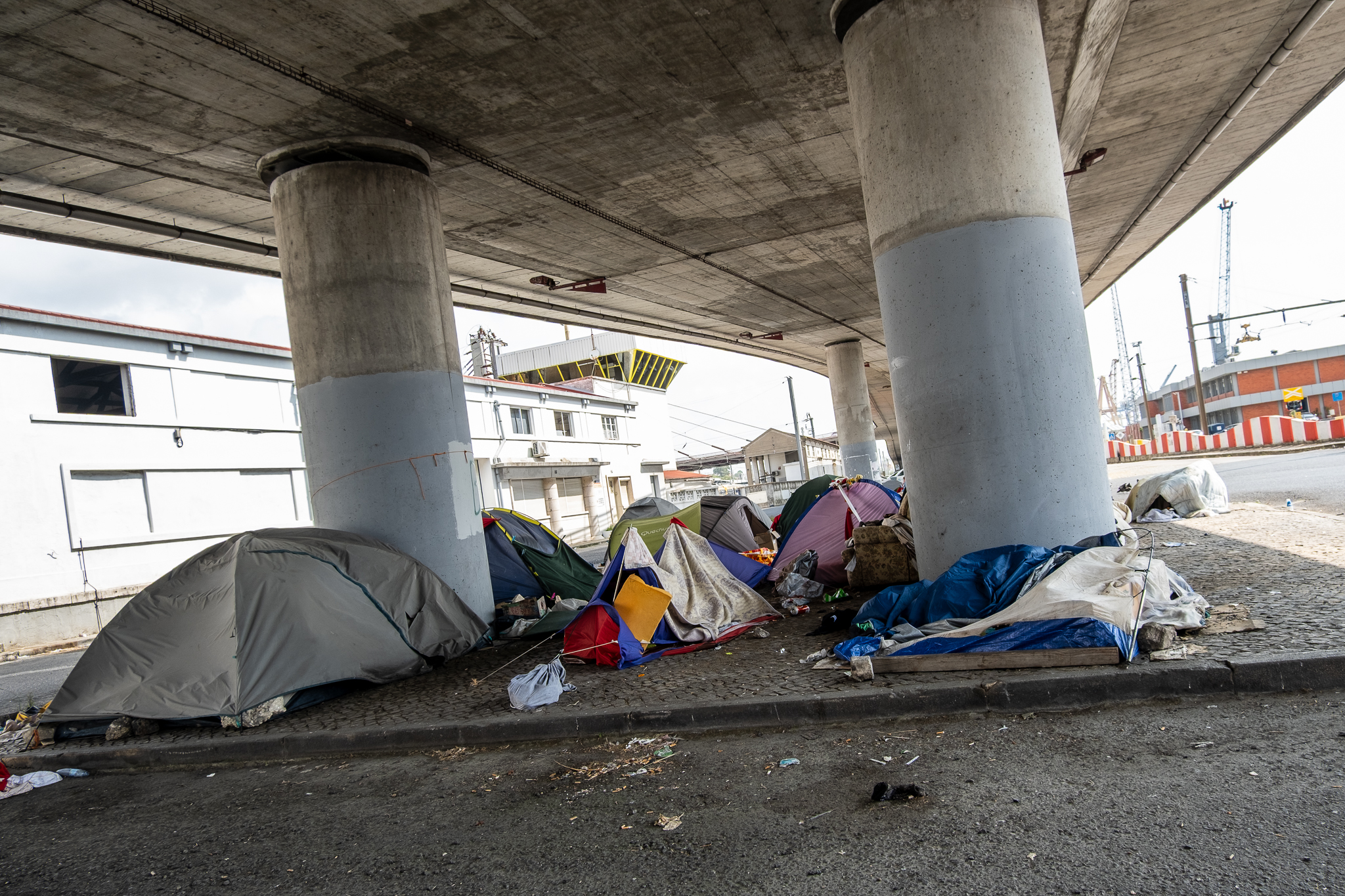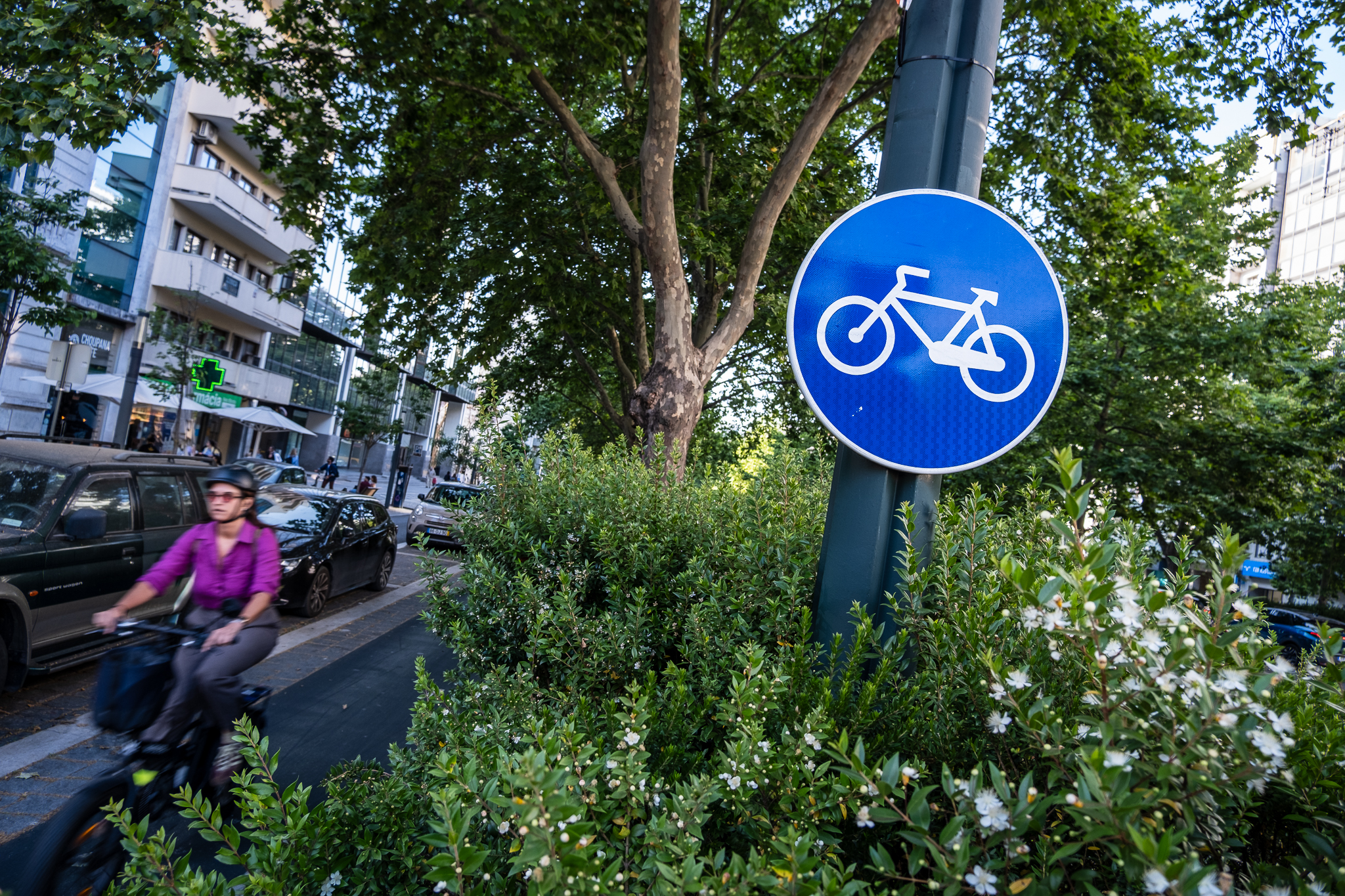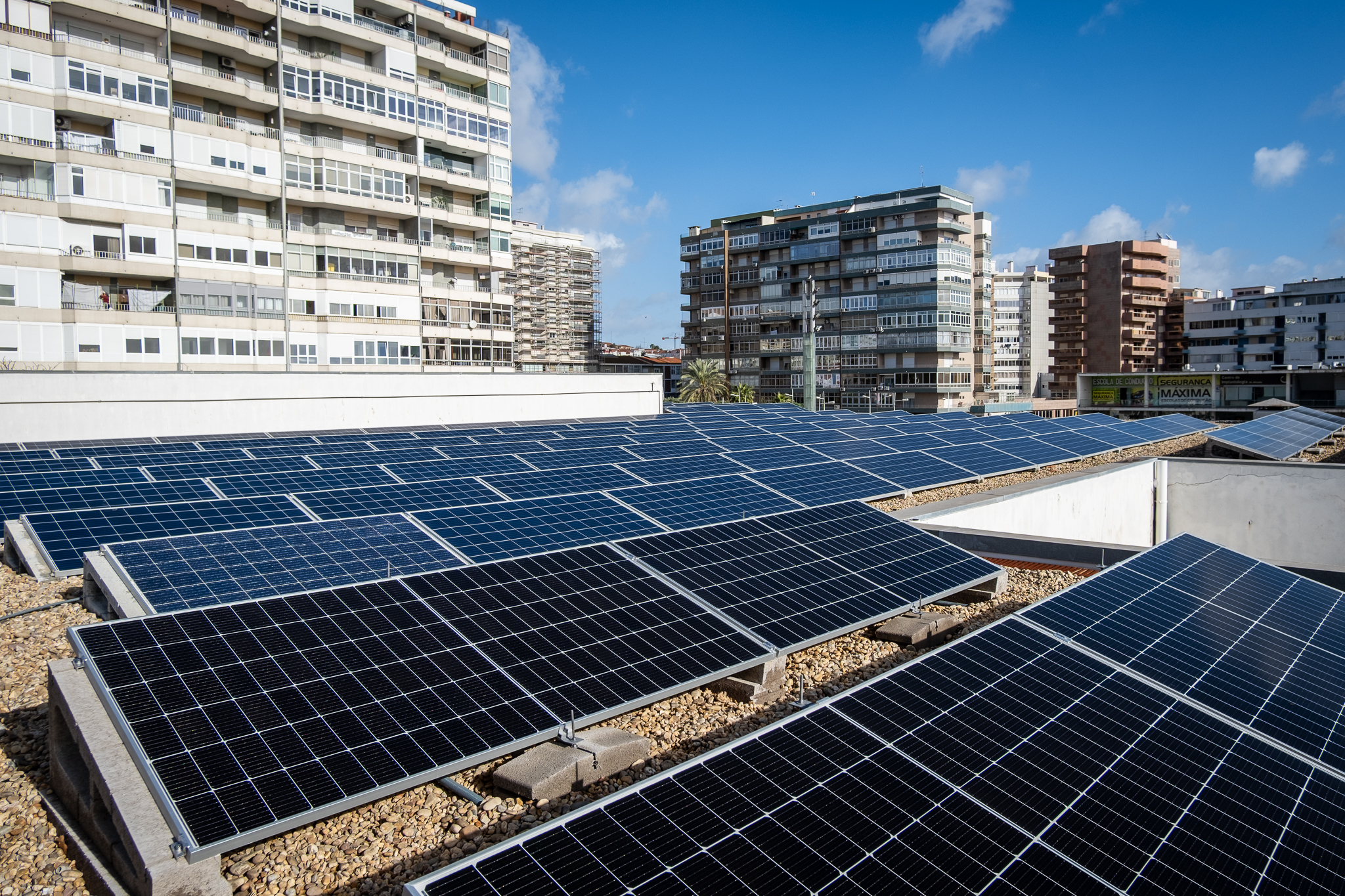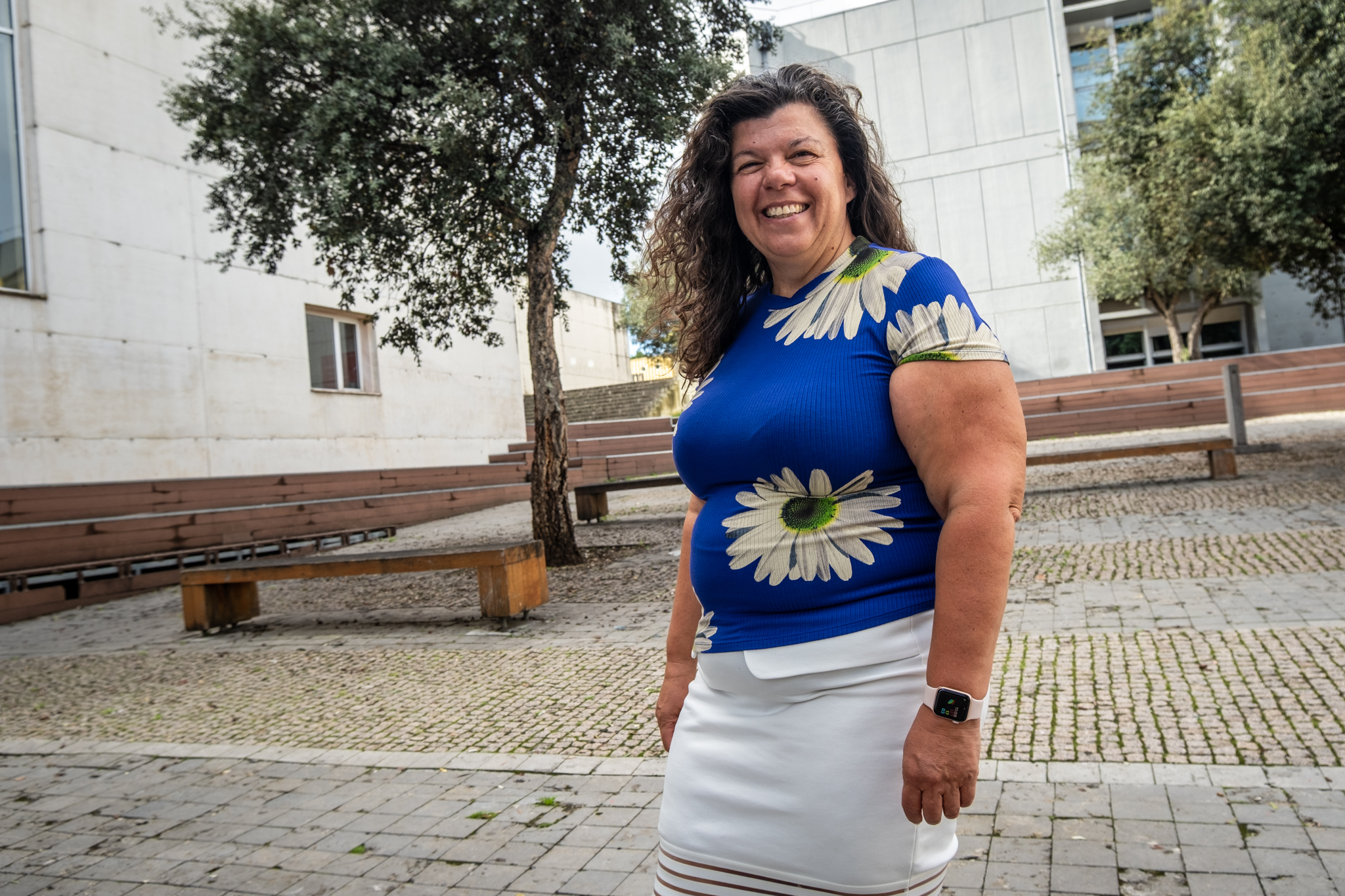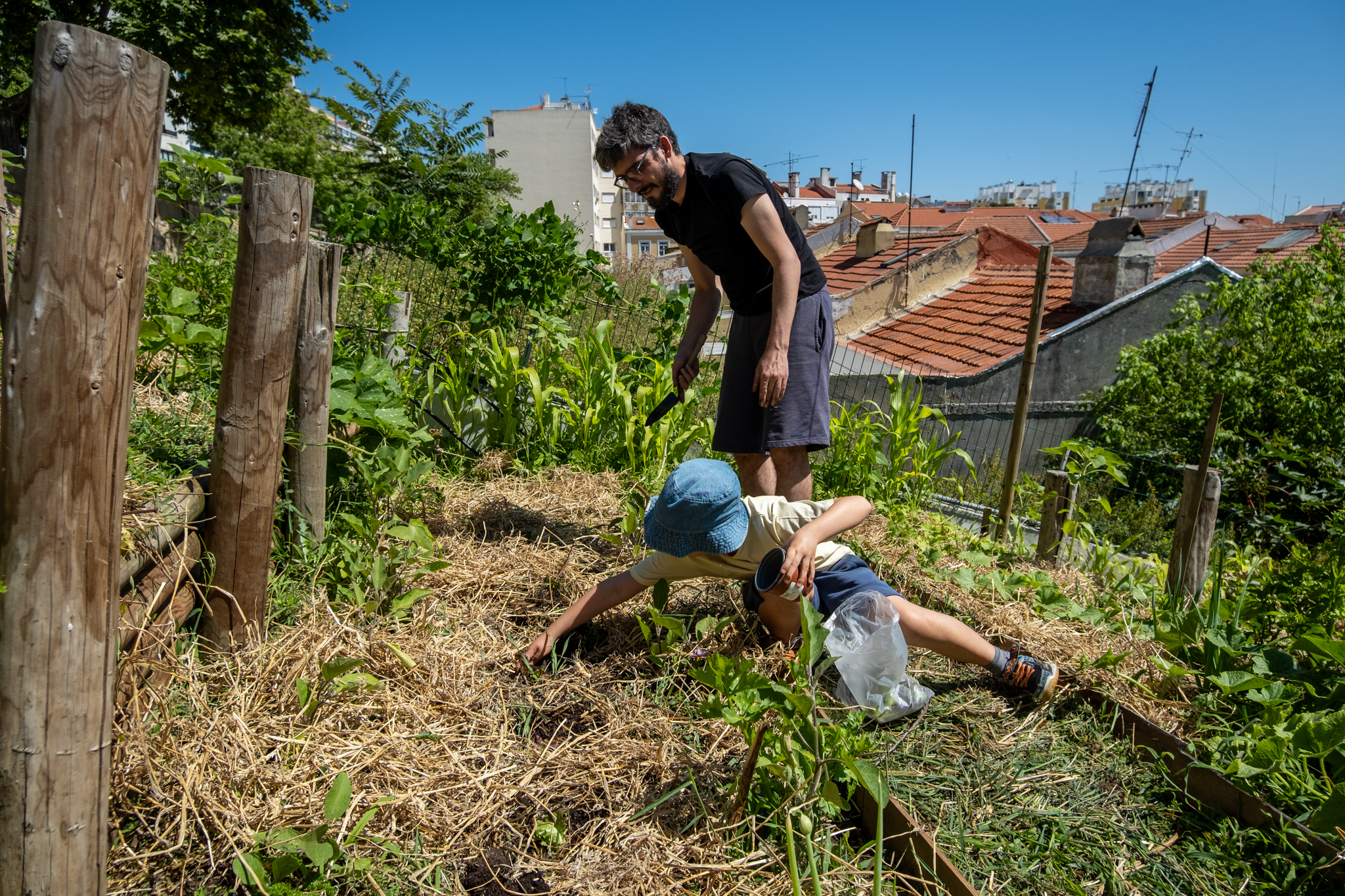There is 40 yearsMartim Moniz was a parking lot; today we are discussing its future as a pedestrian and green square, as a quality public space. In the 1960sThe Praça do Comércio, today one of the most beautiful squares in Europe, was also used to park cars. We can't even imagine it like that anymore. The cycle track on Avenida da República, which has become the most popular in the city, has only four years.
The direction Lisbon now seems to want to take clashes with decades of investment in a city that turned its back on people and gave primacy to the private vehicle: wide avenues were created and sidewalks were flanked by car parking. The city was designed according to the car and the possibility of speed, a sign of progress, of modernity. Pedestrians became a nuisance to the flow of traffic and, in the hierarchy of priorities, were forced to give way to cars. Bicycles practically disappeared from the urban fabric, public transportation was never sufficiently valued, and trees were cut down to make way for avenues. Now, the struggle is for a fairer redistribution of the city and for the inversion of priorities: people first.
Lisbon is still excessively dependent on the automobile, but in recent years it has evolved to give more comfort to people, public transportation and, of course, the bicycle. The various municipal programs, the investment in cycling and pedestrian infrastructure and in public transportation, the distinction as a European Green Capital 2020 and the hosting of the conference Velo-city 2021 give an account of a capital that seems to be bluntly committed to an idea of a city that finally seems to turn to the people who live, work and study in it, and to their well-being.
Making Lisbon safer, greener, less polluted, less noisy and more human is the path we must take, so that the city can, once again, be walked by everyone. But mentalities cannot be changed from one moment to the next. Re-transforming the city requires shocking what you have, removing parking to replace it with a bike lane, widening sidewalks at the expense of a roadway, or painting a new BUS lane that shortens the width of an avenue. At the end of the day, the automobile will lose space and the untouchable status it once had, and will function within a city that is less dependent on itself, less polluted, less congested, less noisy, and less unbalanced. A more humane, greener, and more inclusive city.
Lisbon's change has been far from peaceful. There has been increasing tension between cyclists and motorists, between advocates of a more humane city and opponents of bike lanes. Misinformation, hatred, petitions and online groups have proliferated. This division makes a new media outlet necessary to assist in the transition the city is making, in an independent, collaborative and convergent way, without ulterior motives. A platform that offers information and tools for more thoughtful and conscious decisions, that helps in the public debate about the future of the city and that presents its value proposition - a Lisbon For People.
An important preliminary note. In this Lisbon for people the bicycle assumes a central element. Not because of fundamentalism or irritation, but because the bicycle is understood as a utilitarian tool, of freedom, accessible in its cost and transversal, which can be combined with walking, public transportation or the private car. Therefore, it is expected that in the public debate on the future of the city and in this editorial project the bicycle will appear more frequently - after all, a more humane, greener, and more democratic city is a more cyclable city. Here we will think of a Lisbon with the bicycle but without imposing it, a Lisbon that includes all people, regardless of their means of transport, a Lisbon of which automobiles are also part, of course, but without determining the time and space of the city.
Mário Rui André
Lisbon For People
Journalist & Coordinator


